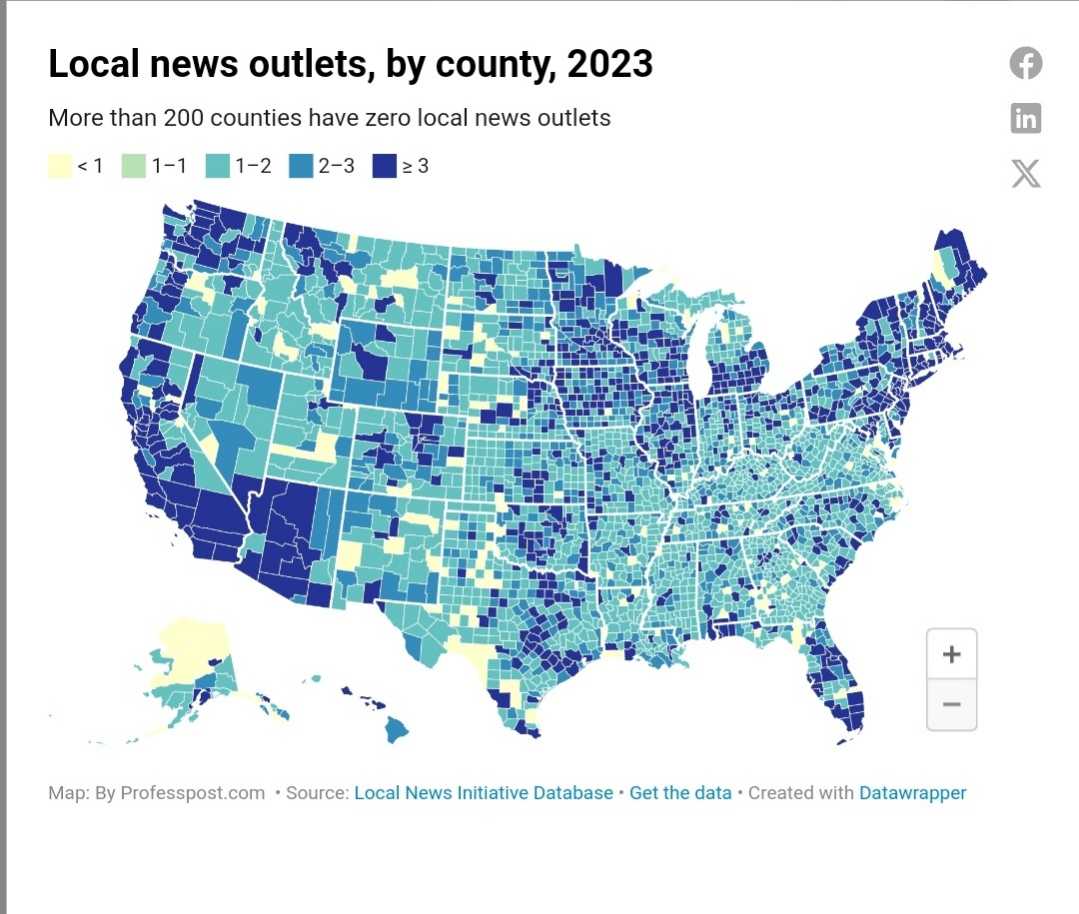The South Carolina Supreme Court has upheld a 6-week abortion ban

On Wednesday, the South Carolina Supreme Court lifted a temporary injunction on the state’s abortion restrictions, with four justices in agreement and one justice dissenting. This decision was accompanied by three separate opinions.
The “Fetal Heartbeat and Protection from Abortion Act” restricts most abortions to as early as six weeks into pregnancy, coinciding with the detection of early cardiac activity in a fetus or embryo. Following its signing by Republican Governor Henry McMaster in May, Planned Parenthood South Atlantic and several other healthcare providers initiated a lawsuit in state court to challenge it.
The state responded with an urgent petition to the South Carolina Supreme Court, composed of five male justices, seeking expedited action on the case.
In a statement on Wednesday, Governor McMaster expressed, “With this victory, we are safeguarding the lives of numerous unborn children and reiterating South Carolina’s position as one of the most pro-life states in America.”
The law includes exceptions to protect the life of pregnant women and in cases of fatal fetal anomalies. It also allows limited exceptions for victims of rape and incest, up to 12 weeks into the pregnancy. Physicians who knowingly violate this law may face felony charges, imprisonment, fines, and the revocation of their medical licenses by the State Board of Medical Examiners.
In a ruling on Wednesday, Justice John Kittredge acknowledged that the 2023 Act encroaches on a woman’s right to privacy and bodily autonomy. He added that the state legislature has determined that, after a certain point in pregnancy, the interests of the unborn child to live outweigh a woman’s interest in autonomy and privacy. He concluded that, from a legal and judicial standpoint, the 2023 Act cannot be deemed unreasonable and therefore does not violate the state constitution.
Justice John Few, while supporting the reversal of the ban, offered a distinct perspective. He argued that the new bill encourages “active family planning.”
“In the 2023 Act, it is now possible for couples to decide not to proceed with a pregnancy and childbirth. They are encouraged to make this choice prior to conception by having increased access to contraceptives. In cases where contraceptives fail, options like Plan B and early pregnancy testing are available to help them meet the statutory ‘fetal heartbeat’ deadline,” stated Judge Few.
He acknowledged that his analysis might not satisfy everyone but emphasized that constitutional analysis is not a collective effort.
In dissent, Chief Justice Donald Beatty expressed concern about the law’s impact on women and judicial independence. He argued that the law places greater responsibility on women for unexpected pregnancies, especially in cases of contraceptive failure or limited access due to factors like insurance, low income, or the absence of nearby medical facilities.
Beatty also highlighted the burdens of repetitive pregnancy testing and the use of hormonal contraceptives like Plan B before a woman even knows she’s pregnant. He cautioned that the law could effectively compel many women to undergo unwanted pregnancies.
Planned Parenthood strongly criticized the Supreme Court’s decision, asserting that it would cause lasting harm to South Carolina’s residents.




